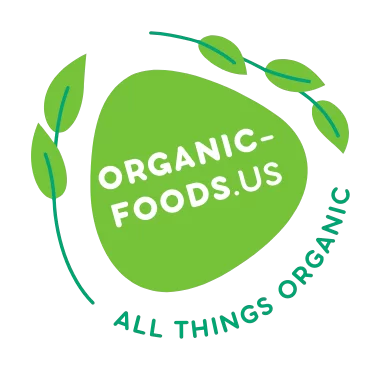Organic Lifestyle in Tiny Houses: A Sustainable Harmony
The Appeal of Tiny Houses
The tiny house movement has captivated the hearts and minds of many around the world, offering an escape from the consumerist lifestyle and a return to simplicity. These compact dwellings, often less than 400 square feet, encourage a more intentional way of living. But what happens when you combine the minimalist ethos of tiny houses with the sustainable practices of an organic lifestyle? The result is a harmonious blend of simplicity and sustainability that resonates with those seeking a more environmentally conscious way of life.
Organic Living in a Small Space
Embracing an organic lifestyle in a tiny house means being mindful of every aspect of daily living—from the food you eat to the products you use. The limited space forces residents to prioritize quality over quantity, leading to a more conscious consumption pattern. For instance, growing your own organic vegetables becomes not just a hobby but a necessity. A small garden or even a few pots on a windowsill can yield fresh produce, reducing reliance on store-bought goods that often contain harmful pesticides.
Moreover, the choice of building materials for tiny houses can reflect an organic approach. Many tiny house enthusiasts opt for natural and non-toxic materials like reclaimed wood, bamboo, and non-VOC paints. This not only reduces the environmental footprint but also creates a healthier living environment. According to a study on healthy materials for tiny houses, using such materials can significantly improve indoor air quality, which is crucial in a space where you spend most of your time.
Energy Efficiency and Sustainability
Tiny houses are inherently more energy-efficient than traditional homes due to their smaller size. However, those committed to an organic lifestyle often take this a step further by integrating renewable energy sources like solar panels and composting toilets. These additions not only reduce the carbon footprint but also align with the organic principle of living in harmony with nature.
Water conservation is another critical aspect of sustainable living in tiny houses. Rainwater harvesting systems and greywater recycling can be seamlessly integrated into the design, ensuring that every drop is used efficiently. This approach not only supports an organic lifestyle but also fosters a deeper connection with the natural cycles of water.
Minimalism and Mindful Consumption
The tiny house movement inherently encourages minimalism, which dovetails perfectly with the principles of an organic lifestyle. Living in a tiny house means you can’t accumulate unnecessary items, leading to a more mindful approach to consumption. This aligns with the organic ethos of reducing waste and choosing products that are sustainable and eco-friendly.
From clothing to household items, the focus is on quality over quantity. Organic cotton, bamboo, and other sustainable materials become the go-to choices for those living in tiny houses. This not only supports a healthier lifestyle but also contributes to a more sustainable global ecosystem. A report on organic lifestyle and sustainability highlights how such choices can have a significant impact on reducing environmental degradation.
The Community Aspect
One of the most compelling aspects of living an organic lifestyle in a tiny house is the sense of community it fosters. Many tiny house dwellers choose to live in intentional communities where like-minded individuals share resources and support each other in their sustainable living goals. These communities often have communal gardens, shared composting systems, and group activities that reinforce the organic lifestyle.
Being part of such a community not only provides practical support but also creates a sense of belonging and purpose. It’s a reminder that living organically in a tiny house is not just about personal choices but also about contributing to a larger movement towards sustainability.
Challenges and Rewards
While the organic lifestyle in tiny houses offers numerous benefits, it’s not without its challenges. Space constraints can make it difficult to implement certain sustainable practices, and the initial investment in eco-friendly materials and renewable energy systems can be high. However, the rewards far outweigh these challenges.
The satisfaction of living in harmony with nature, the reduced environmental impact, and the sense of community are just a few of the many rewards that come with this lifestyle. A blog post on organic tiny house living captures the essence of this rewarding experience, emphasizing the joy and fulfillment that comes from living simply and sustainably.
Conclusion
Organic living in tiny houses is more than just a trend; it’s a movement towards a more sustainable and fulfilling way of life. By combining the principles of minimalism, sustainability, and community, tiny house dwellers are creating a model for living that can inspire others to make more conscious choices. Whether you’re considering downsizing or simply looking to adopt a more organic lifestyle, the tiny house movement offers a compelling blueprint for a sustainable future.

